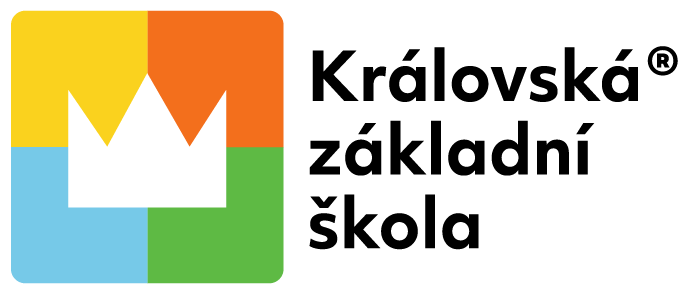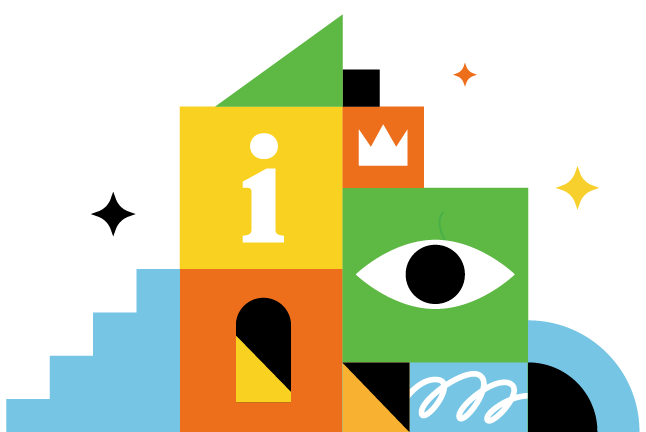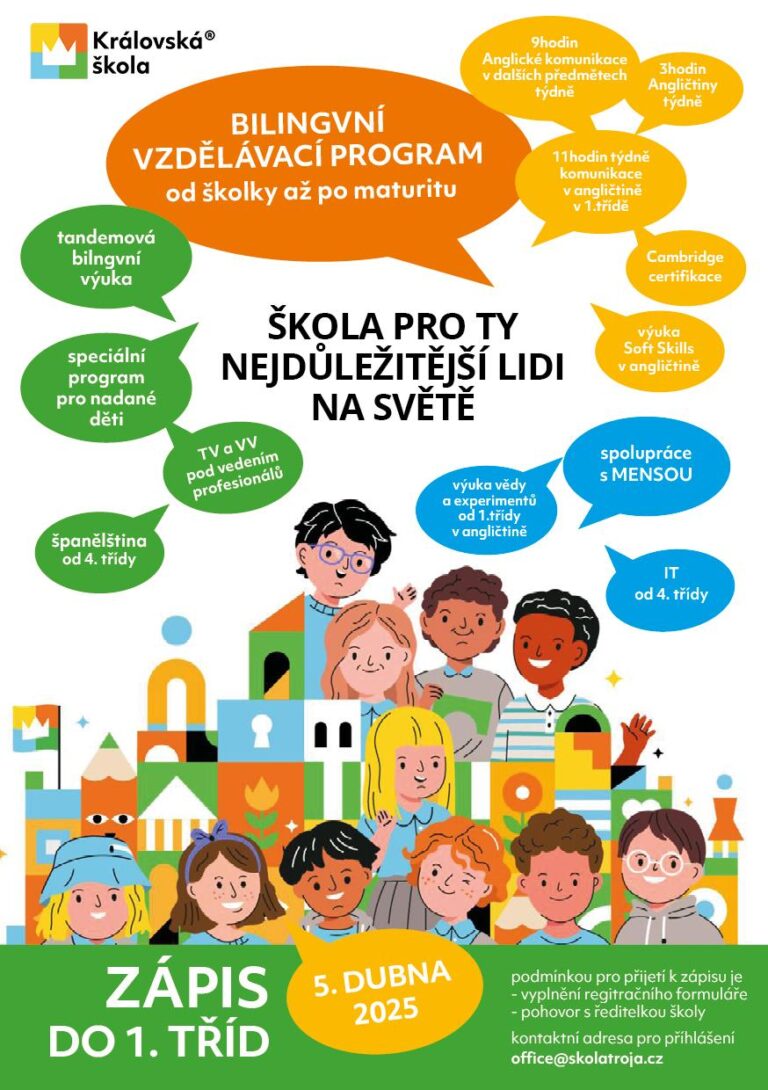Bilingual education is a method of teaching where the student is taught two languages during the same lesson. Dual language teaching combines the official language of the country and a second language, native or international.
There are several methods for teaching a second language. We are all familiar with the state school approach where foreign language is gradually added to the native language while teachers attempt to improve the language skills of the pupils at different speeds. Alternative methodologies such as full immersion also are utilized. For example, an individual is placed in a foreign language environment, a foreigner moves to another country, an international internship, etc. We have chosen a variant of a dual language (bilingual) educational system, i.e., a system where a pupil can communicate in his or her native language, but is also encouraged to communicate in the foreign language of focus. Our system combines Dual Language’s advantages as well as minimizes the stress and low motivation of students.
Bilingual teaching is no hypermodern novelty. It is a decade-long method used by countless schools, especially in countries with a greater representation of ethnic minorities such as the United States. In the US, this type of teaching is quite common, most of which is a combination of English and Spanish (or in some cases French or Arabic). The Czech Republic is undergoing a growing number of foreign-language residents and the need for better foreign language teaching. There is a growing need for bilingual schools however the demand has not been matched.
At the Royal Kindergarten and the Royal Elementary School, which are accredited by the Ministry of Education and Youth and Sports, we combine the official language – Czech and English. Both Czech-speaking and English-speaking teachers are present in lessons. Students use Czech language to communicate with Czech teachers and furthermore use English when communicating with English teachers. Royal Schools creates a learning environment that replicated that of a bilingual home. Our students communicate, practice, and learn similarly as if one parent is speaking English and the other parent is speaking Czech. Students take to this methodology naturally and comfortably. Another inherent advantage to this method is that it can be used for both groups of pupils – Czech speaking pupils who need to learn English as well as English-speaking pupils who need to expand their knowledge of Czech.
Bilingual Czech and English methodology from our experience and the experience of our students can be highly effective. It is an engaging, fun, and easily digestible way of simultaneously teaching two languages. Naturally, there are minor differences in the Bilingual teaching methods depending on the age of the student, the depth of teaching, the teacher’s approach, and the use of specialized learning tools.




